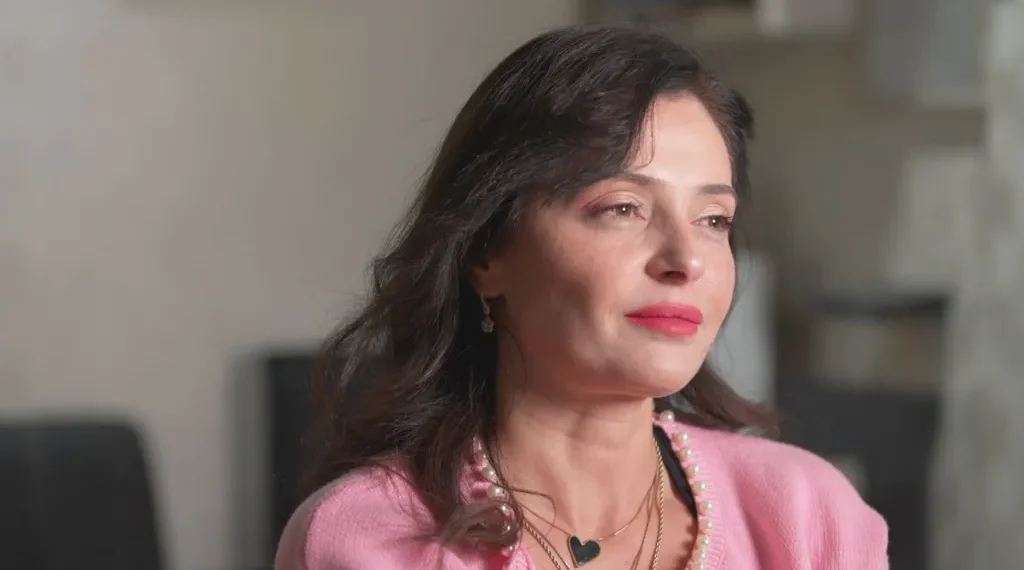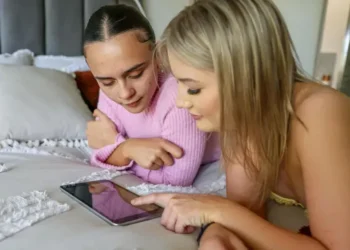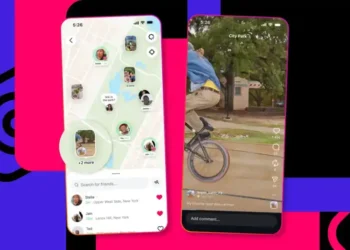Woman Tracks Down Birth Father Through Facebook After Searching for Her Roots
Tamuna Museridze had always dreamed of calling the woman she believed was her biological mother. After years of searching, she finally made the call, but the response she received wasn’t what she expected.
The woman on the other end of the line screamed, denying any connection to Tamuna, claiming she hadn’t given birth to a child and wanted nothing to do with her. “I was ready for anything, but her reaction was beyond anything I could imagine,” Tamuna recalls, still shocked by the coldness in her mother’s voice.
Despite the harsh response, Tamuna wasn’t ready to give up. She needed to know more about her adoption—and most importantly, the name of her father.
Tamuna’s journey began in 2016 after the death of the woman who had raised her. While cleaning out her house, Tamuna discovered a birth certificate with her name, but the birth date didn’t match. This led her to suspect that she was adopted. She launched a Facebook group, “Vezdbe” (which means “I’m Searching”), hoping to find her birth parents.
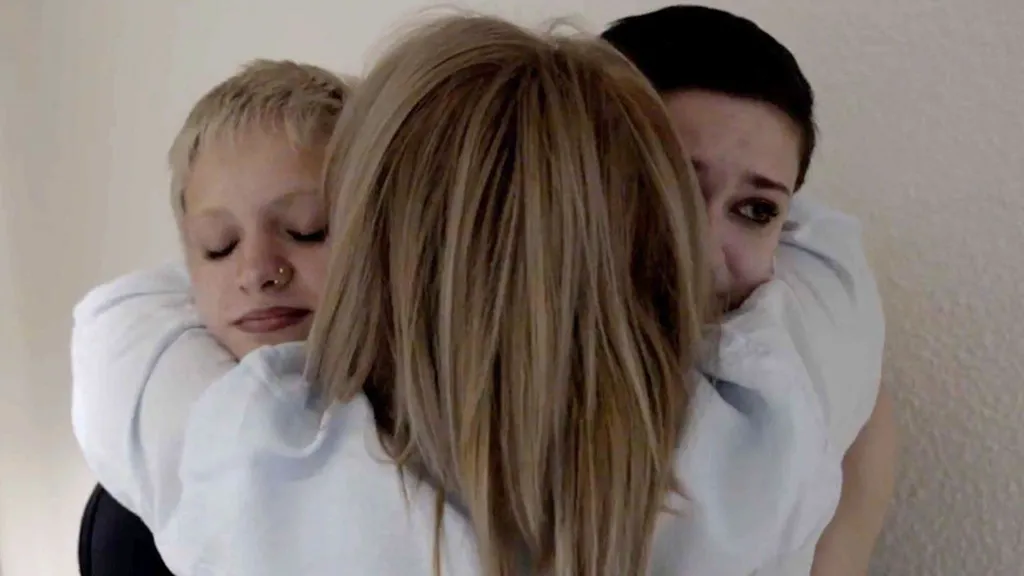
Instead, Tamuna uncovered a larger issue—baby trafficking in Georgia, which affected thousands of families. For decades, parents were told their babies had died, only to later discover that their children had been sold.
Though Tamuna was a journalist investigating the issue, this was a deeply personal mission for her, as she wondered if she, too, had been one of the stolen children. “It was a personal mission as much as it was a professional one,” she says.
Her breakthrough came in the summer when someone from rural Georgia messaged her, claiming to know of a woman who had secretly given birth in September 1984, around the time Tamuna was born. They believed this woman was Tamuna’s birth mother and gave her a name.
Excited, Tamuna searched for this woman online but found nothing. She then made a public post on Facebook, asking if anyone knew her. Shortly after, a woman responded saying the pregnant woman was her aunt. She agreed to a DNA test, and Tamuna called her mother in the meantime.
A week later, the DNA results confirmed that the woman Tamuna had contacted was her cousin. With this proof, Tamuna convinced her mother to admit the truth and share the name of her father: Gurgen Khorava.
Tamuna was stunned. “The first two months were shocking—I couldn’t believe these things were happening to me,” she recalls.
With her father’s name, Tamuna quickly found him on Facebook. It turned out that Gurgen had been following her work for years without knowing they were connected. “He had been on my friend list for three years,” she says, amazed. “He didn’t even know my birth mother had been pregnant.”
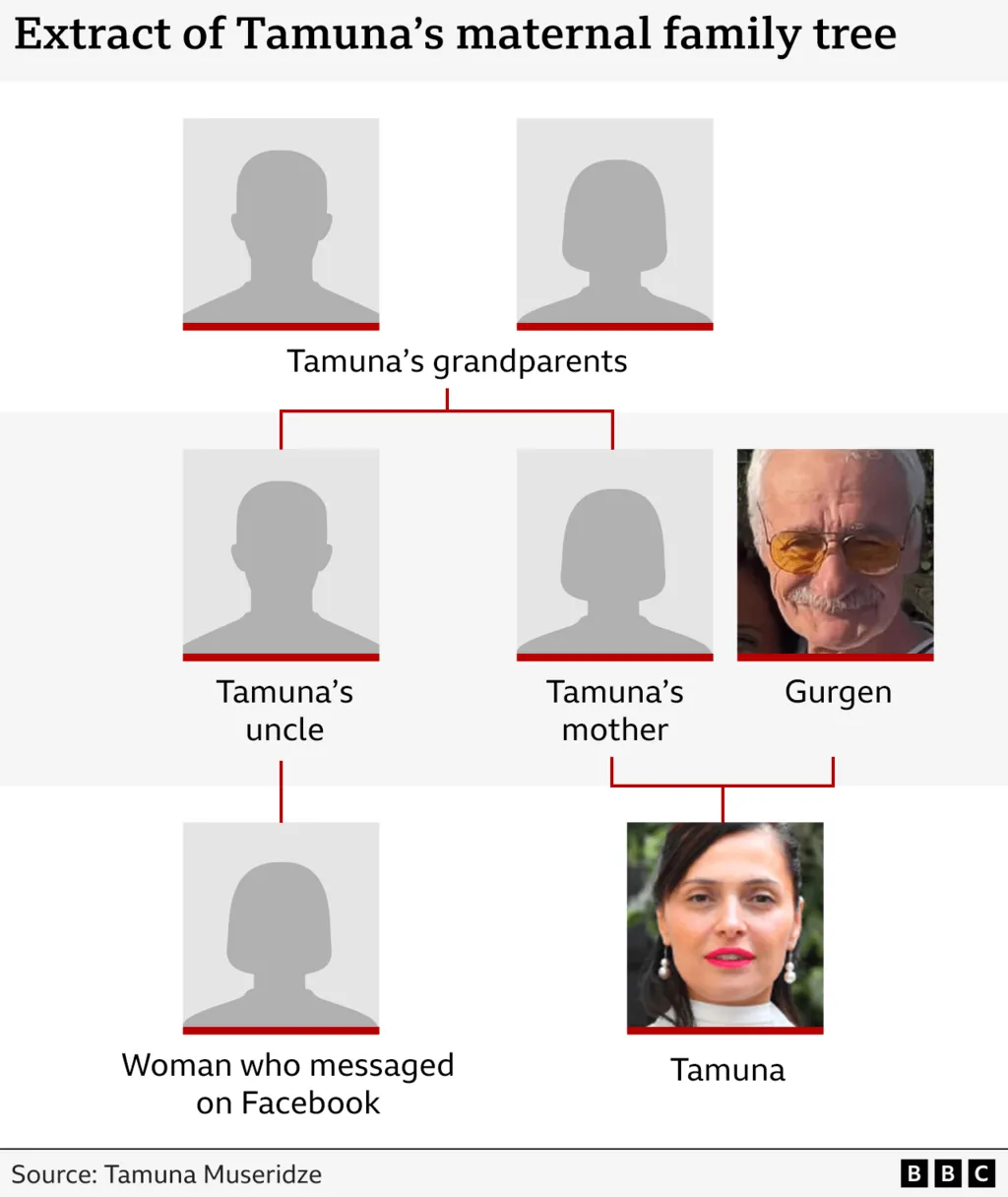
Gurgen was just as surprised. They arranged to meet in his hometown of Zugdidi, about 160 miles from Tamuna’s home in Tbilisi.
When they met, it was an emotional moment. “When he looked at me, he knew I was his daughter,” Tamuna recalls. “It was strange, but it felt like he recognized me instantly.”
Despite the shock, they quickly discovered they had common interests. Gurgen, a former dancer with the State Ballet of Georgia, was excited to learn that Tamuna’s daughters also loved dancing.
Gurgen invited his extended family over to meet Tamuna, introducing her to half-siblings, cousins, aunts, and uncles. Everyone remarked on how much Tamuna resembled her father. “Out of all his children, I look the most like him,” she says.
The family shared stories, ate traditional Georgian food, and even sang along as Gurgen played the accordion.
Although Tamuna had met her father, a lingering question remained: Had she, like many others in Georgia, been stolen as a child and sold? With her adoptive parents no longer alive, she couldn’t ask them.
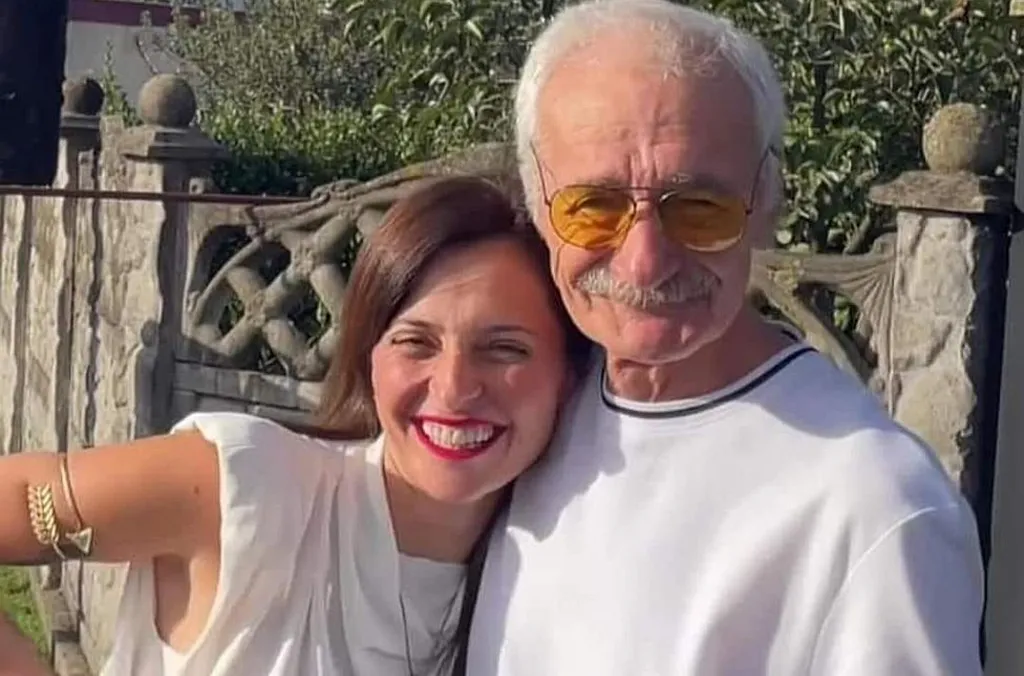
The answer came in October when a Polish TV company filming a documentary about Tamuna arranged a private meeting with her birth mother. Unlike many of the families Tamuna had helped reunite, she learned that she had not been stolen. Her mother had given her up in secret, ashamed of her pregnancy.
Her mother explained that they were not in a relationship and that the pregnancy had been hidden. In September 1984, she traveled to Tbilisi, telling people she was going for surgery, but in reality, she gave birth to Tamuna. Afterward, arrangements were made for Tamuna’s adoption.
“It was painful to learn that I spent 10 days alone with her before the adoption,” Tamuna reflects. “I try not to think about that.”
Her mother also asked Tamuna to lie about her story and say that she had been stolen. “She told me that if I didn’t lie, everything would end between us,”
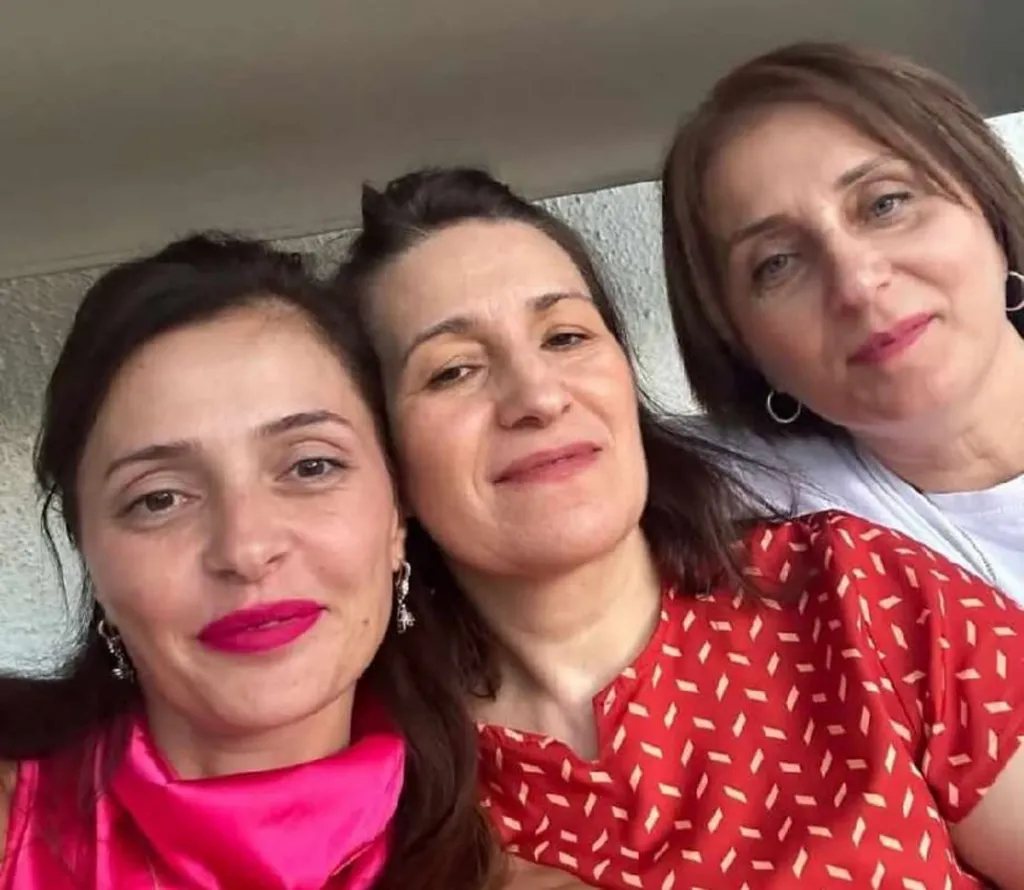
Tamuna says. “But I couldn’t do it. I couldn’t lie for her or for the other parents who had been lied to.”
Tamuna’s mother insisted she leave, and they haven’t spoken since.
“Would I do it all again?” Tamuna asks herself. “Of course. I’ve learned so much about my new family.”
This article was rewritten by JournosNews.com based on verified reporting from trusted sources. The content has been independently reviewed, fact-checked, and edited for accuracy, neutrality, tone, and global readability in accordance with Google News and AdSense standards.
All opinions, quotes, or statements from contributors, experts, or sourced organizations do not necessarily reflect the views of JournosNews.com. JournosNews.com maintains full editorial independence from any external funders, sponsors, or organizations.
Stay informed with JournosNews.com — your trusted source for verified global reporting and in-depth analysis. Follow us on Google News, BlueSky, and X for real-time updates.
